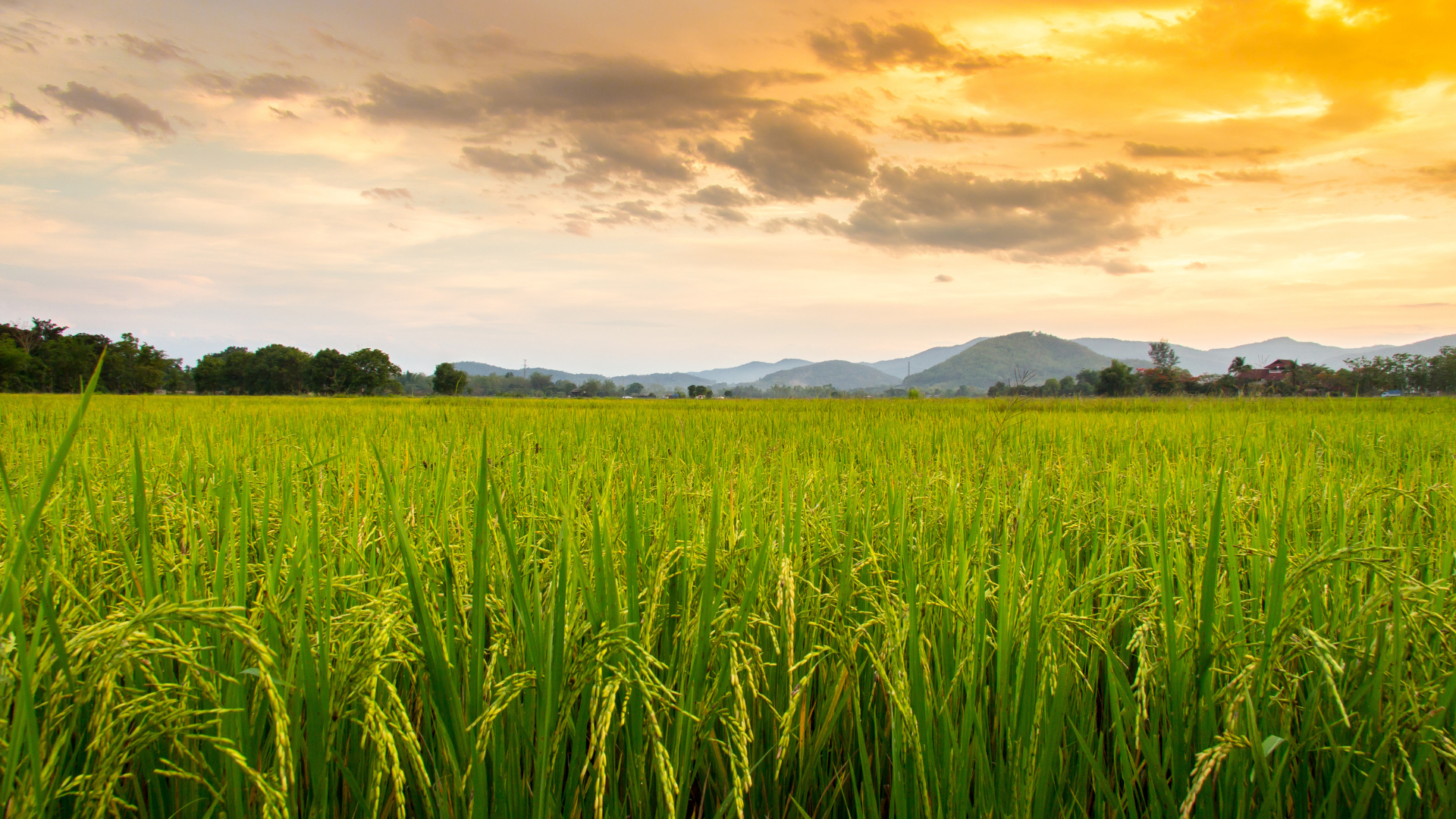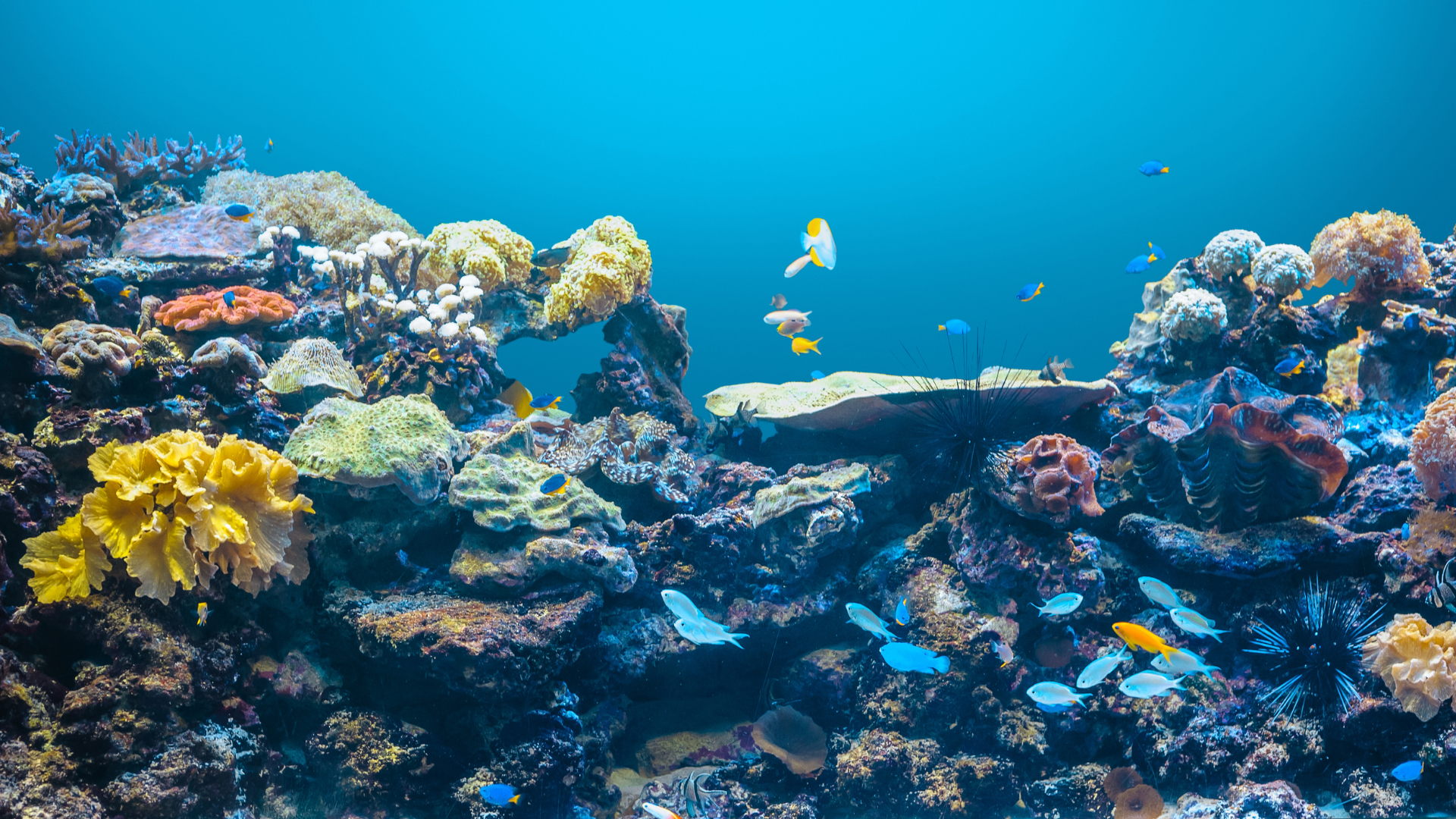Agriculture
The Agriculture Action Group focuses on assessing the sustainability and long-term impact of completed Earth Observation (EO) agri-projects. The group aims to evaluate the successes, challenges, and lessons learned from these projects. The also focuses on the identification of best practices to ensure sustainability, to emphasize on effective data management, stakeholder engagement, and capacity building.
Biodiversity, ecosystems and geodiversity
The Biodiversity, Ecosystems, and Geodiversity Action Group explores the latest developments within the context of Group on Earth Observations (GEO) and European overarching initiatives. In this collaborative effort, participants engage in brainstorming sessions to enhance articulations between different levels of actions, addressing upcoming challenges. The focus extends to connecting international, European, and national levels, emphasizing EuroGEO's potential contributions to the post-2025 GEO strategy and the delivery of actionable knowledge.
Climate
The Climate Action Group, centered on Earth Observation, concentrates on several key areas in addressing climate challenges and supporting sustainable initiatives. Also, the action group showcases the use of EO data for climate applications.
Disaster Resilience and Health
The Disaster Resilience and Health Action Group aims to contribute to sustainable development by integrating Earth Observations into user-oriented and co-designed services addressing climate-induced disasters and health issues. The group provides success stories from EuroGEO-supported initiatives like e-shape, the Disasters and Health Action Groups, and GEO-CRADLE initiatives. It focuses on designing future joint actions, such as policy papers, publications, workshops, and webinars, to create synergies for a long-term impact on the GEO post-2025 strategy.
Energy
The Energy Action Group focuses on showcasing the utilization of Earth Observation (EO) data for renewable energies and climate applications. The session presents progress in renewable energies applications based on Earth Observation data, emphasizing the connections between renewable energies and climate. It also discusses the current evolution of the Copernicus Energy Hub and the role of energy within DestinE, along with opening discussions on the evolution of the domain and the development of GEO VENER.
Green Deal Data Spaces
The Green Deal Data Spaces (GDDS) Action Group focuses on defining how the GDDS could contribute to the Group on Earth Observations (GEO). The group had a multifaceted agenda, including understanding GDDS through current use cases, consolidating various perspectives into a blueprint, exploring avenues for integrating the blueprint into the GEO Work Program and GEO platform, discussing ideas regarding GDDS governance, and outlining future development plans. The ultimate goal is to release a set of recommendations in a concise policy document.
Land Cover and Land Intelligence (LC&LI)
The Land Cover/Land Intelligence Action Group focuses on enhancing the sharing of European analysis-ready data and services related to land cover and land use (LC/LU). During the session, stakeholders aimed to promote the global adoption of European LC/LU products. Objectives included identifying current and future LC/LU products for collaborative integration, developing guidelines for thematic content, aligning requirements with computing trends (Machine Learning, Artificial Intelligence, Quantum Computing), and creating a roadmap for maintaining high-quality standards.
Marine and Coastal
The Marine Action Group focuses on addressing the sustained Coastal Services provided by the Copernicus Marine Service. The group aims to understand the ongoing and future needs of national and private service providers in Europe and globally. Participants discuss significant European service providers, their localized, national, and regional contributions, and provide guidance for an upcoming workshop. It also emphasizes the importance of comprehending and meeting evolving requirements for Coastal Services, highlighting the Copernicus Marine Service as a pivotal and sustainable public service supporting the development of sustainable coastal services.
Urban
The Urban Action Group aims to foster active engagement among diverse stakeholders, including academia, research, industry, and city networks. It focuses on establishing robust connections between EuroGEO and key initiatives related to urban environments, such as the EU Cities Mission, EU Climate Missions, and the IPCC's efforts on a special report about Cities and Climate Change.








